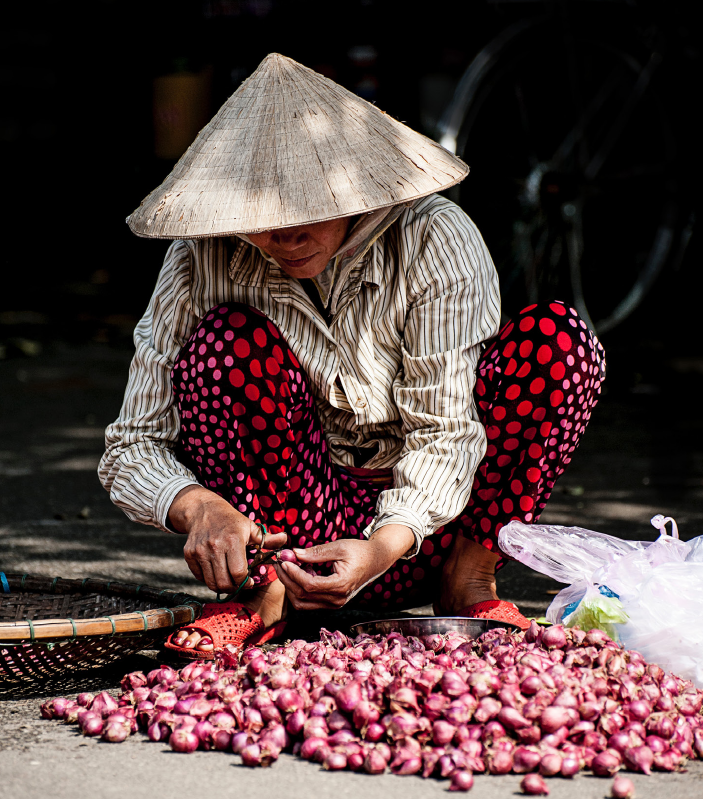Nguyen Tuong Hiep is a 38-year-old farmer living in a small village in the southernmost province of Viet Nam. He is one of 2,700 households to receive 20 year contracts from the local forest management board to transform 10,000 hectares of land using sustainable agricultural practices that will enhance the villagers’ livelihoods while also increasing forest cover.
With technical and financial support from the UN-REDD Programme, the local forest management board is working with local families, like Hiep’s, to reverse mangrove devastation and the destruction wrought by illegal shrimp farms. Since 2015, Hiep and other local farmers have been adopting integrated forest-aquaculture management models, including certified organic shrimp farming.
Lessons from this support will further guide implementation of sustainable and deforestation-free agriculture and aquaculture, which is a measure identified in the Prime Minister’s Decision No. 419 for a revised National REDD+ Action Programme. The decision and its implementation plan for 2018-2020 will see the scaling up of these sustainable forest-aquaculture practices - a clear win-win in terms of socio-economic development as well as climate change mitigation and adaptation.
Hiep and his wife are now managing 8.4 hectares of land. When they started working with the UN-REDD Programme, just 36 per cent of their land was covered with mangroves. The rest was deforested long ago. Hiep and his wife knew that organically certified shrimp would generate a 15 to 30% price premium, but they didn’t believe they could obtain certification because of the requirement that at least 60% of their land be forested. Also, high technical standards and capital were required for certification, producing shrimp fry and preparing the land for forest plantations and farming. But with the help of the UN-REDD Programme, Hiep was able to overcome these challenges by receiving support in designing an organic farming model, receiving shrimp fry and training on integrated mangrove-shrimp farming. In addition, a local government project also committed to additional support for mangrove restoration to help him reach the 60% forest cover requirement. Today, Hiep is on his way to achieving his dreams of providing a reliable and solid income to support his family of four, his wife and two children, while rebuilding the land.


